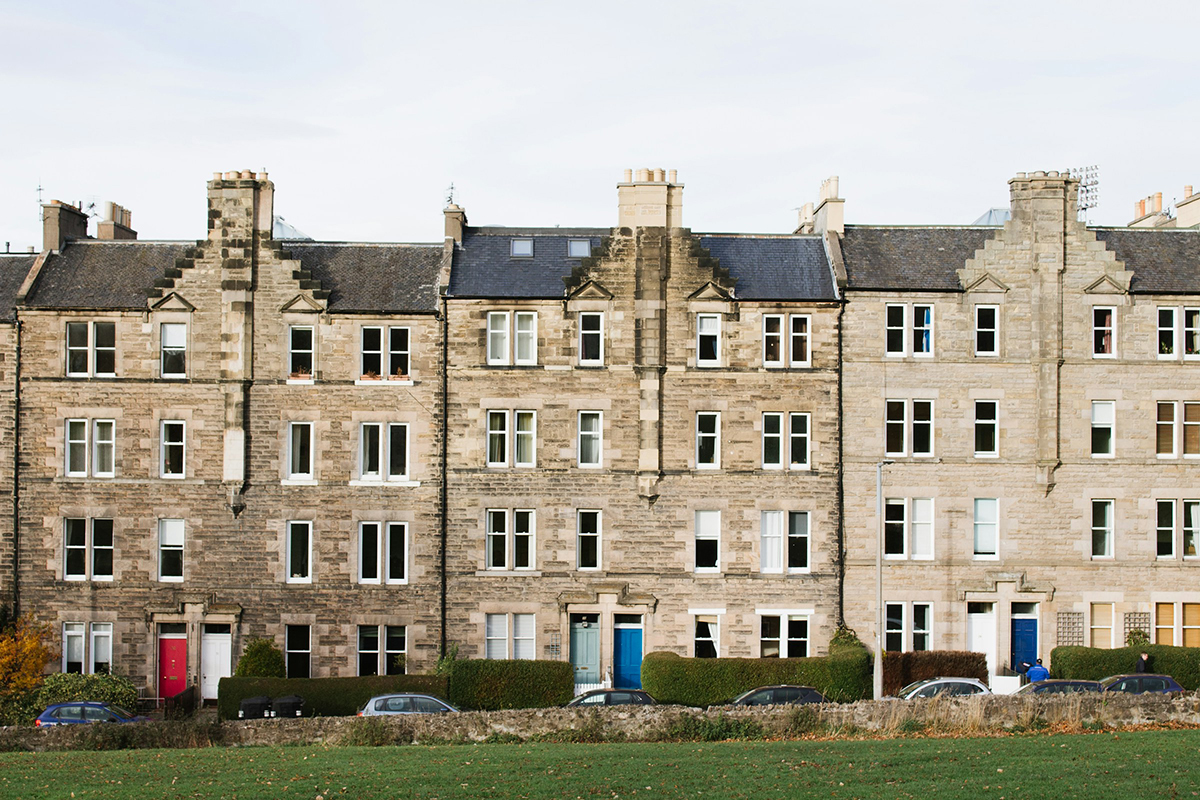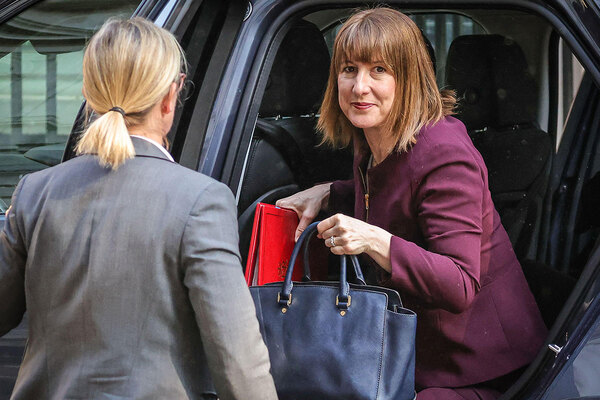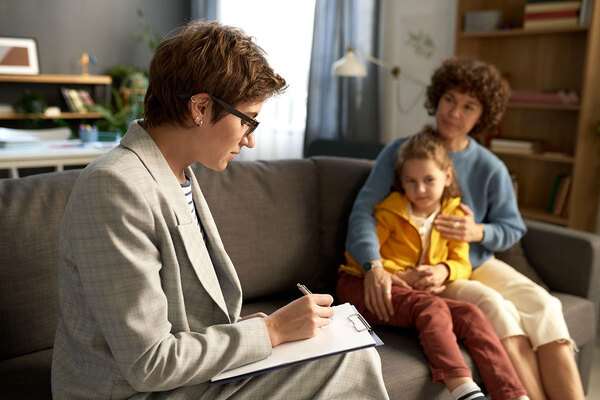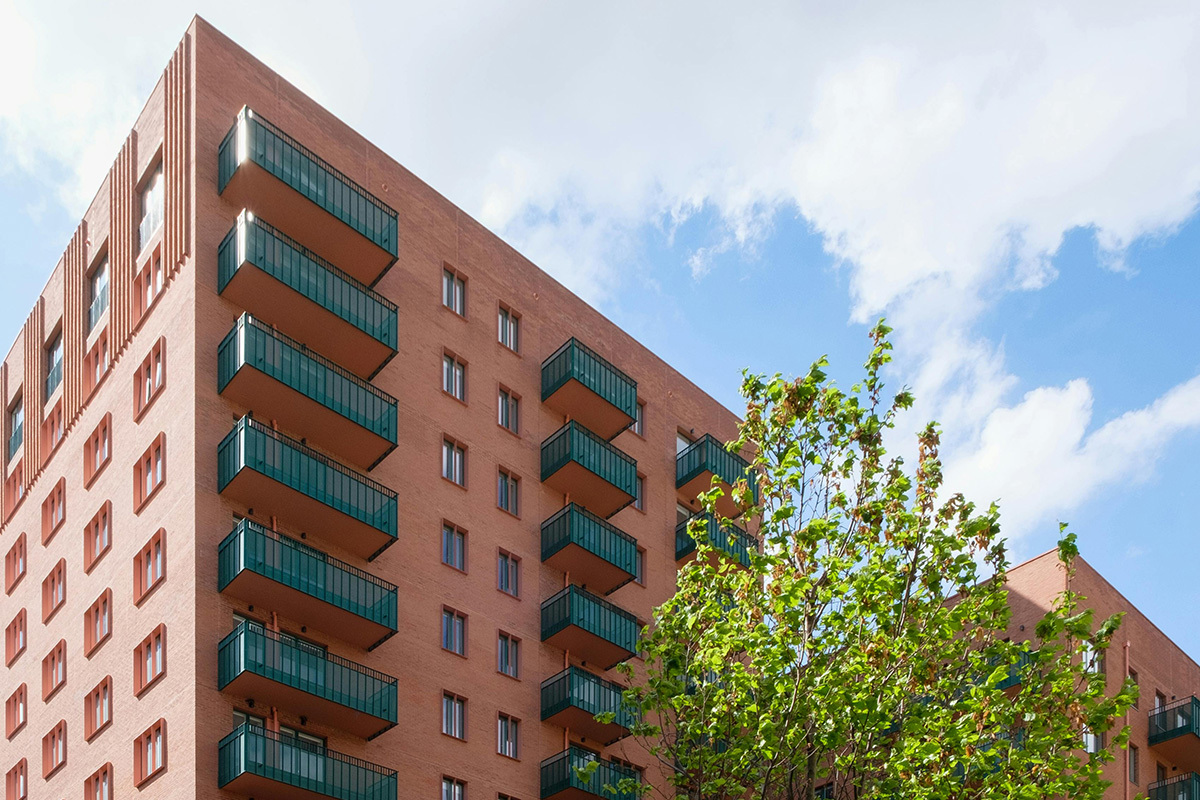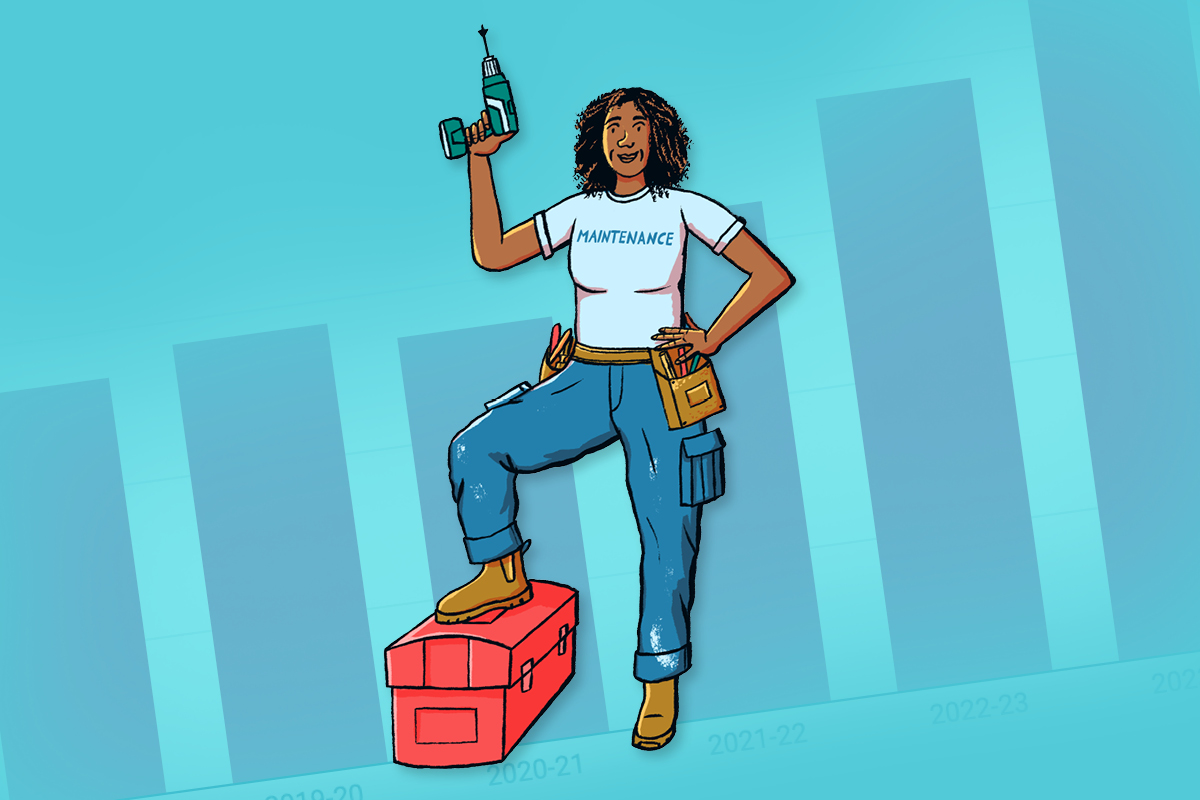SHFA launches toolkit for tackling domestic abuse
The Scottish Federation of Housing Associations (SFHA) has launched a toolkit aimed at helping housing providers better respond to domestic abuse.
The launch of the SFHA’s ‘Self-Reflection Toolkit’ came as the Scottish Police reported that 90% of domestic abuse cases take place in the home.
The Scottish member body believes that housing professionals play a key role in responding to the issue, as it is the most common form of violence against women and girls in Scotland and a major contributor to homelessness among women and children.
Because of its nationwide presence, the SFHA said that its members are well-placed to work with police or support services.
Developed in collaboration with Dr Kelly Henderson, founder and managing director of charity Addressing Domestic Abuse, the guidelines will help to identify and respond to abuse, as well as support victims.
It will include specific guidance for housing providers to identify signs of abuse, such as noise complaints, unpaid rent, repeated requests for repairs and signs of physical injuries.
Sally Thomas, chief executive of the SFHA, said: “This toolkit represents an invaluable piece of work to help housing associations identify and respond to domestic abuse, something which is unfortunately still all too necessary given the scourge of domestic abuse in our communities.
“We know that domestic abuse remains the leading cause of homelessness for women and children in Scotland and is also the most common form of violence against women and girls. Tackling this issue could not be more important.”
Around 12 months ago, Scotland’s housing minister Paul McLennan promised to outline duties for social landlords to prevent domestic abuse survivors from becoming homeless.
Under legislation still waiting to be passed, a law change would require all social landlords to develop, implement and maintain a policy for supporting tenants experiencing domestic abuse.
Where a tenant is in rent arrears because of domestic abuse, existing protection against eviction would be strengthened to require social landlords to support the tenant in accordance with the landlord’s domestic abuse policy.
In England, a report in 2024 called on the country’s biggest social landlords to introduce a code of practice on domestic violence to reflect the regulator’s new consumer standards.
The recommendation is included in a 29-page report commissioned by Brighton and Hove City Council alongside housing association Stonewater, to help domestic abuse victims in the city amid the housing crisis.
In Northern Ireland, the Housing Executive has also launched an action plan to increase awareness and understanding of domestic abuse.
Sign up for our Scotland newsletter
Already have an account? Click here to manage your newsletters
Latest stories
